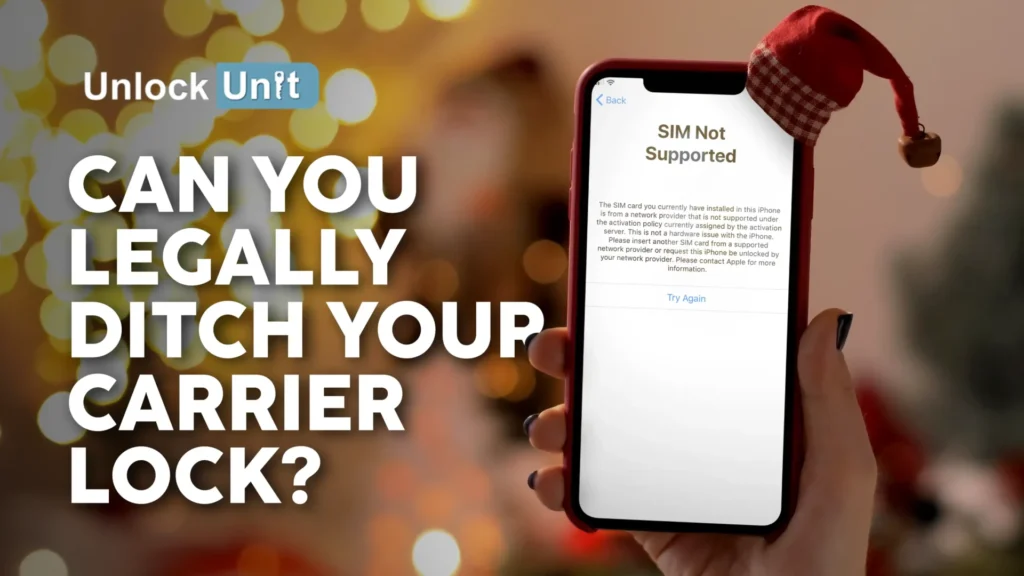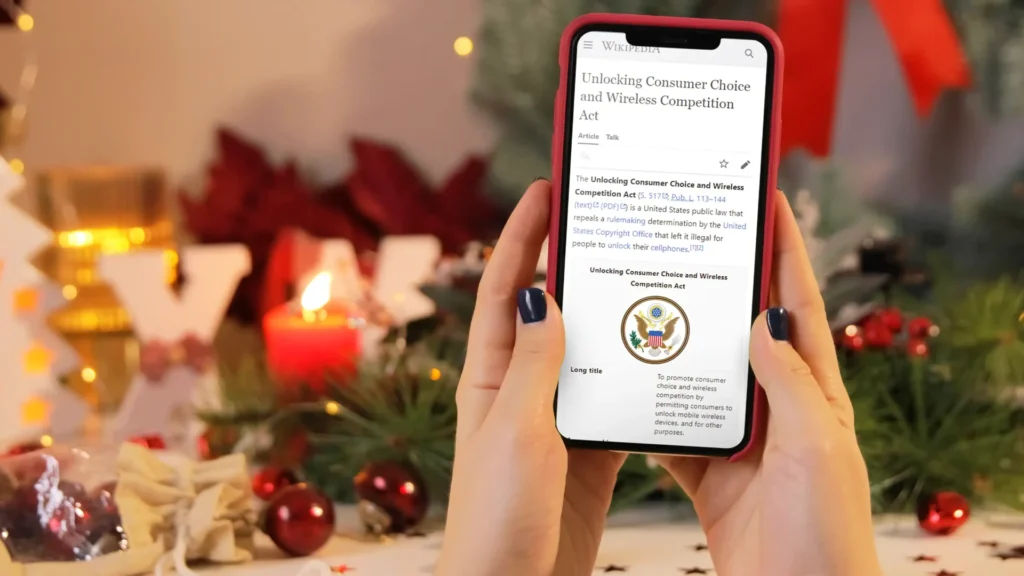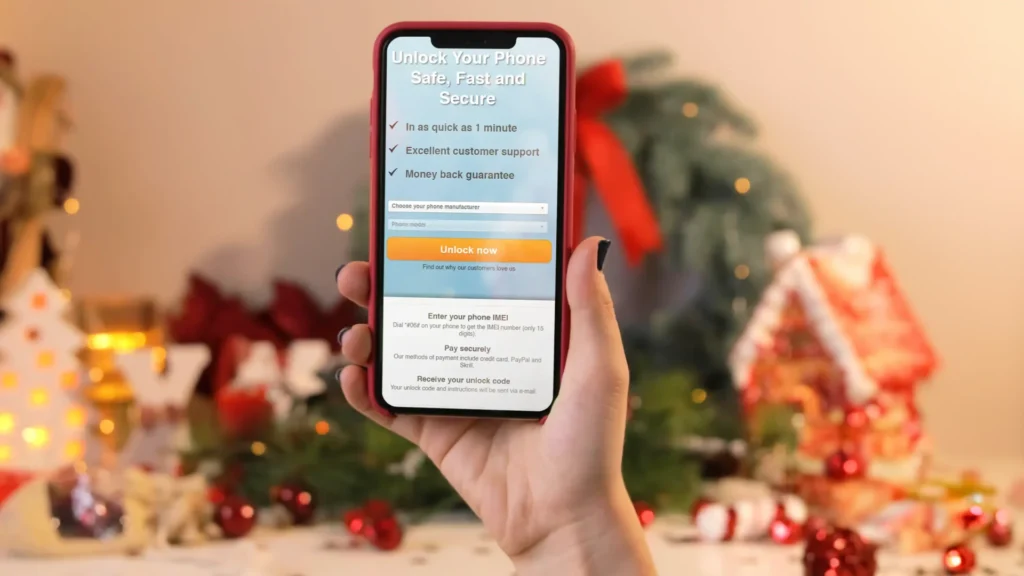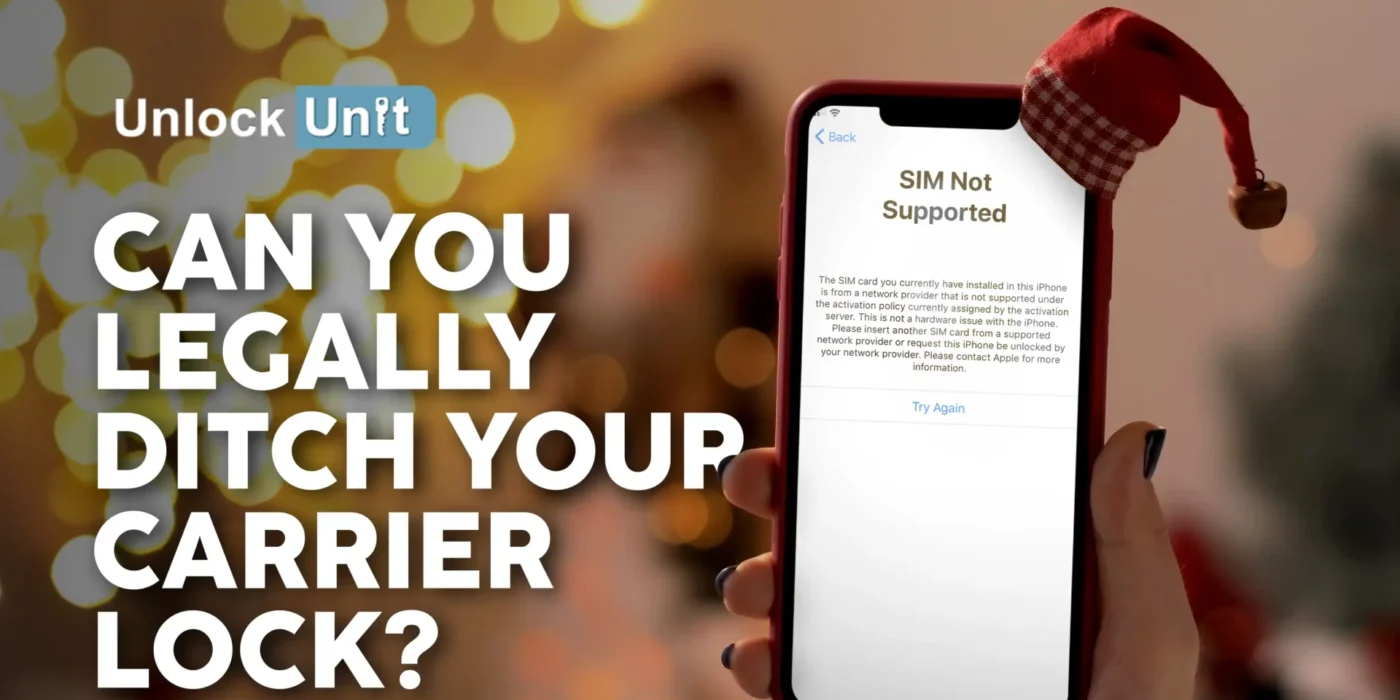
Is it legal to unlock a phone? In today’s tech-driven world, smartphone users crave control. One hot-button topic? Phone unlocking. Ditching your carrier lock might seem like a simple way to switch providers or roam abroad, but the legal landscape can be trickier than unlocking a phone with a paperclip (remember those?).
This guide dives into the legalities of phone unlocking in the US, empowering you with knowledge about your rights and responsibilities as a phone owner.
Is it legal to unlock a phone? Understanding Phone Unlocking
Simply put, phone unlocking removes a carrier’s grip on your device, allowing it to sing sweet network melodies with SIM cards from other operators. This is often desired for switching providers without a new phone or using local SIM cards while globetrotting.
Legal Landscape
The path to unlocking freedom wasn’t always paved with roses. The Digital Millennium Copyright Act (DMCA) once cast a shadow on unlocking, citing copyright concerns. However, in 2014, the Unlocking Consumer Choice and Wireless Competition Act (UCCWCA) waltzed in, ushering in a consumer-centric era. This Act opened the door for legal unlocking, empowering you to reclaim your phone’s potential.
Key Points of the UCCWCA:
Unlocking Right: You have the right to unlock your phone to switch carriers, as per the Act.
Library of Congress Reviews: Every three years, the Library of Congress assesses the legitimacy of unlocking, ensuring the law stays relevant to evolving tech and consumer needs.
Unlocking Benefits vs. Potential Drawbacks: Weighing the Scales
Ditching your carrier lock unlocks a world of possibilities, like switching providers for better deals or enjoying local SIM cards abroad. However, wise decision-making is key. Unlocking might void your warranty and could impact software updates. Approach with caution and weigh the benefits against potential downsides.

Is it legal to unlock a phone? How to Unlock Your Phone Legally
While the UCCWCA sets the legal stage, carrier policies still play a role. Each carrier has its own unlocking rules and procedures. Some might require wait periods or fully paid devices. Familiarize yourself with your carrier’s specific policy to avoid any roadblocks.
General Steps to Legal Unlocking:
- Eligibility Check: Confirm if your phone qualifies based on your carrier’s policy.
- Contact Your Carrier: If eligible, simply request an unlock from your carrier.
Stuck in Limbo? UnlockUnit to the Rescue!
If your carrier throws up roadblocks, don’t despair! UnlockUnit, a trusted unlocking service provider, can be your trusty companion on your unlocking journey. Our cutting-edge technology and extensive experience make them experts in unlocking virtually any phone, from the latest iPhones to Android devices and beyond.
Here’s how UnlockUnit unlocks your phone’s full potential:
- Visit the UnlockUnit website.
- Select your phone brand and type in its IMEI number.
- Enter your email for confirmation.
- Specify the country where your phone is locked and your carrier.
- Confirm your payment and wait for an email confirmation.
- Once you receive the email, follow the instructions to unlock your phone using the provided code.

is it legal to unlock a phone? Conclusion
The legal landscape in the US empowers consumers with greater control over their phones. While carrier policies and UnlockUnit’s services offer unlocking opportunities, the UCCWCA stands as a testament to consumer empowerment. By understanding the legal landscape and making informed choices, you can unlock your phone’s full potential and enjoy the sweet taste of freedom, all while staying within the law. Remember, knowledge is your weapon, and wielding it wisely unlocks a world of possibilities for your mobile companion

